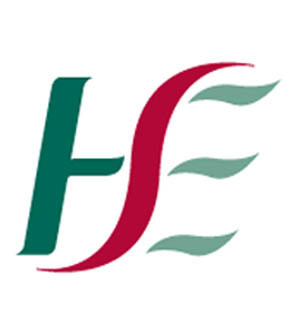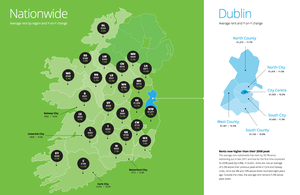Ombudsman Emily O’Reilly has released a report into her investigation of a complaint made by a female asylum seeking mother in relation to the non-payment of supplementary welfare allowance by the HSE.
The story goes back to 2007 when Ms Kileni (not her real name) came to Ireland with her two daughters as asylum seekers, after her husband was murdered in South Africa.
They were placed in Direct Provision accommodation in Mayo. Their Direct Provision accommodation was a four-bedroomed house.
Ms Kileni and her daughters shared one bedroom while three other families shared the three other bedrooms.
In August 2008, they left the accommodation to live with a friend in Dublin because the medical services she needed for her daughter, whose mental health was deteriorating, were only available in Dublin.
The 15-year-old girl had attempted suicide at the centre and was subsequently hospitalised. After she was discharged, she was placed in foster care on a voluntary basis.
In November 2008, Ms Kileni applied for Supplementary Welfare Allowance but her application was refused. (SWA consists of a basic payment and/or a supplement to cover certain expenses a person may not be able to meet. The main purpose of the allowance is to guarantee a standard basic minimum income).
Ms Kileni appealed the decision to the HSE, but was again refused.
She then appealed to the Social Welfare Appeals Office, which prompted an oral hearing in June 2009.
In December 2009, the Appeals Officer allowed Ms Kileni’s appeal and the officer issued a statement on her decision which gave details of the exceptional medical and social circumstances of the case.
But, the relevant Superintendent Community Welfare Officer (who would have paid out the supplementary welfare allowance) queried the outcome.
Despite the responses from the Appeals Officer confirming her decision, and despite the fact Ms Kileni was not living in Direct Provision accommodation, the welfare officer would only pay Ms Kileni the rate of €19.10 per week for herself and €9.60 per week for the daughter then living with her – rates payable to asylum seekers living in Direct Provision.
Ms Kileni, tried to resolve the matter with the HSE before taking her complaint to the Ombudsman but was unsuccessful.
Ms O’Reilly added:
“An obvious consequence was extreme impoverishment for both Ms Kileni and her eldest daughter (a Leaving Certificate student at the time). Another, far-reaching consequence was that the failure to provide the family with an income meant it was not possible for Ms. Kileni’s daughter, who was in foster care, to be re-united with her family.
This was an outcome which the HSE social workers involved in the girl’s care had anticipated as a result of the Appeals Officer’s decision to award the full-rate SWA to Ms Kileni. The failure to implement the Appeals Officer’s decision, and the emotional and financial instability for the family which resulted from that failure, upset these plans.”
The HSE accepted Ms O’Reilly’s findings and agreed to pay the woman arrears of €11,882, and a “time and trouble” payment of €3,000.
These arrears were paid to Ms Kileni in January 2011
– 26 months after her SWA application,
– 13 months after the success of her appeal, and
– nine months after she had complained to the Ombudsman.
Report here.
HSE took ‘discriminatory decisions’ involving asylum seeker (Irish Times)
Pic: Humanrights.ie, Irish Medical Times





